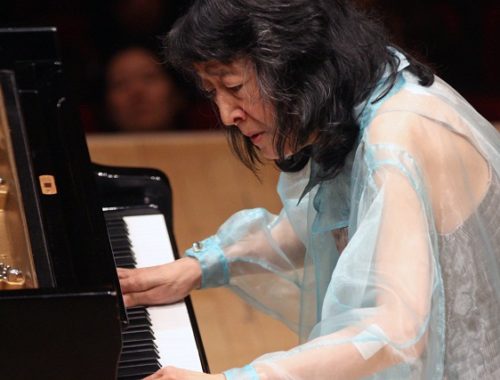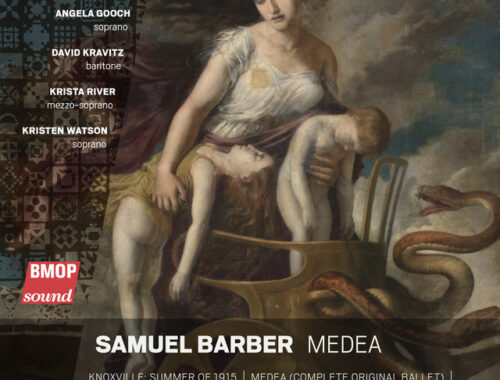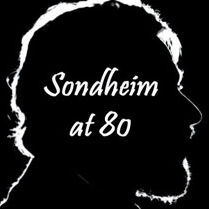London Philharmonic Orchestra, Jurowski, Royal Festival Hall
The Austro-Hungarian connection loomed large but it was the Hungarian bloodline which bound this typically shrewd Vladimir Jurowski programme – and out of the Trannsylvanian twilight came Peter Eötvös like a latterday Bartok.
Shadows owes much to the memory of his great Hungarian predecessor reflecting on the febrile “night music” which became such a feature of Bartok’s writing. Eötvös plays out his nocturnal drama in a theatrical arena at the heart of which a solo flute (Sue Thomas) and Clarinet (Nicholas Carpenter) are shadowed by their orchestral counterparts, backs to the audience, teasing the eye and ear with shifting sound perspectives, ricochets and echoes. The underlying rumble of tube trains (a usually unwelcome feature of the Festival Hall location) provided an extra dimension to the dark incantations of the third piece while the muffled side drum suggested the beating of a moth’s wings. Flute and Clarinet then had their moment at the heart of darkness – a plaintive duet flecked by celeste which Bartok could easily have written but didn’t. Haunting stuff.
Enter then Franz Liszt, his 2nd Piano Concerto trumpeting the bicentennial of his birth, the voluminous Russian pianist Alexander Markovich presenting an image that was in truth the very antithesis of the wildly romantic virtuoso – until his hands touched the keyboard and began flaunting the concerto’s single theme in its countless guises, duly measuring the embroidery against the blood and thunder. The man had a sense of humour, too, turning into a kind of one-man Torvill and Dean for his encore: Liszt’s campy candy flossing of Waldteufel’s “Skater’s Waltz”.
But the evening’s raison d’etre came with Zemlinsky’s extraordinary Lyrische Symphonie, in part homage to Mahler’s Das Lied von der Erde (as witness its song-symphony format and exotic source material), in part a love duet waiting to happen. This fabulously heady piece accentuates the great divide between its male and female protagonists whilst thrillingly invoking their short-lived rapture. The love found and lost is carried forth on Zemlinsky’s wonderfully expressive orchestra, solo voices seeking unity but resigned to isolation. Ideally one might have wished for a soprano voice with a naturally more seductive spin than Melanie Diener offered us in altissimo. The ever-suave Thomas Hampson found it in his beguiling head-voice not least in the glorious final setting – a farewell less protracted than Mahler’s but, with its sublime muted violin theme, no less memorable.
You May Also Like

GRAMOPHONE: From Where I Sit – February 2019
27/02/2019
GRAMOPHONE Review: Barber A Hand of Bridge, Knoxville: Summer of 1915, Medea – Soloists, Boston Modern Orchestra Project/Rose
15/09/2021